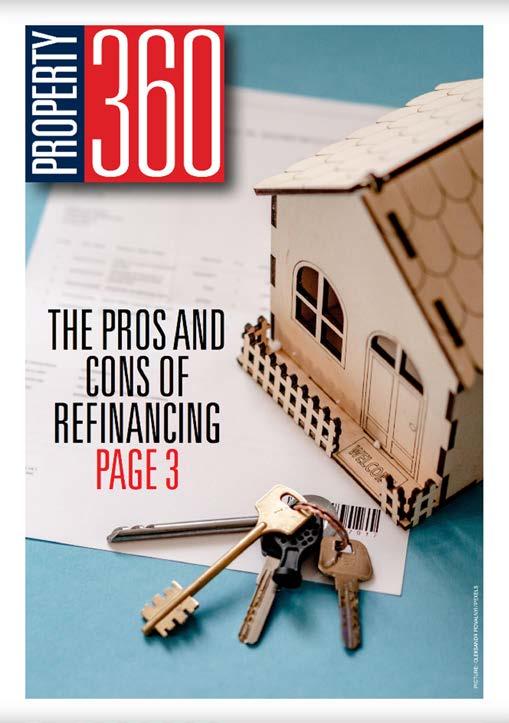SOUTH AFRICAN WORKFORCE IS ON THE MOVE PAGE 3



RISING interest rates and the cost of living are forcing many homeowners to give up their homes as they can no longer afford their bond repayments.
But while selling may be a good idea in some instances, it should never be your first option, experts say.
Rather, you should approach your bank as soon as possible to find an alternative, and possibly
better, solution to help you keep your home.
Even if you are not yet battling to pay your bond, despite the rising interest rate, Adrian Goslett, the regional director and chief executive of RE/Max of Southern Africa, advises that you take a realistic look at your finances to make sure you can keep up with this repayment and other debt.
“It is vital that homeowners in financial trouble take action
before the situation slips out of their control. It is a time to act decisively, take control of the situation, and consult with people who can assist.”
The sooner you act, the better your chances are to rectify your financial situation and you could have an opportunity to start afresh.
“It is best to be upfront with the bank rather than defaulting on a payment without notification. If the situation is left to run its course and the
homeowner is not communicating with the bank, not only could it result in the homeowner losing their property but it could potentially also lead to a tarnished credit record and blacklisting. Even renting a property could then become difficult because most landlords do credit checks on their potential tenants.”
Goslett also addresses a common misconception that the bank will repossess a property as soon as you communicate your distress.
“Banks do not really benefit if their client’s home is repossessed. It is much more beneficial for the bank if the homeowner continues paying off their debt over time. That’s why they will try to assist where possible.”
If you do approach your bank, these are the ways in which they can help:
✦ Rescheduling or restructuring your debt.
✦ Arranging repayment options.
✦ Renegotiating the home loan term from 20 years to 30 years.
✦ Offering to list the home on the bank’s distressed property programme.
Once you tell your bank about your financial situation, it will be able to offer solutions that are best suited to your needs.
Over recent months there has been strong interest shown in the option to renegotiate the repayment term of a home loan, especially as many people have not known that this is possible

However, before you go this route, you need to be aware of the downsides that come with the benefits.
Angela Glover, the head of product at FNB Home and Structured Lending Solutions, says the benefit of a longer repayment term is that your required monthly repayment will be a bit lower than if your term is shorter. On the flip side though, if you use the full term to repay your loan – such as take 30 years to repay it without
prepaying, you will end up paying more in total interest over the lifetime of the home loan.
She shares a practical example of the pros and cons of longer versus shorter repayment terms: For a home loan amount of R1 million, at an interest rate of 11%, the monthly repayment over 20 years would be approximately R10 321, while over 30 years the monthly repayment would be R9 523. This is a saving of R798 on your monthly cash flow. However, over 20 years, you would pay approximately R1 477 252 in total, which includes interest, while, if you repay the same R1m over 30 years you will pay approximately R2 428 264. This is an extra R951 112 over the additional 10 years.
Often, Goslett says, the most effective method to keep your credit record intact is to sell your property through the bank’s distressed sales programme. This does not mean that the home will be sold at auction or that it can be sold without your consent.
“The bank works with agents to set a fair price that the seller has to agree to before the deal can go through. In certain cases where the homeowner has built up enough equity, they may then be able to cover not only their remaining bond, but also some other debts as well. Essentially, this option could provide the homeowner with an opportunity to start again with a clean slate.”
Alternatively, you could sell your home privately or with the assistance of an estate agent. If you are looking to sell due to financial difficulty, Lew Geffen Sotheby’s International Realty’s Jill Lloyd says you should not leave it too late.
“Speak to an experienced agent and they will market your house and, if necessary, keep in touch with the bank to keep them from pressuring you… Agents are not going to advertise that you are under pressure. They are going to try to get the best possible price for you.”
While selling may be a good idea, it shouldn’t be your first option. There are alternatives
BY BONNY FOURIE bronwyn.fourie@inl.co.za
 BY BONNY FOURIE bronwyn.fourie@inl.co.za
BY BONNY FOURIE bronwyn.fourie@inl.co.za
SEMIGRATION is fuelled by a variety of factors, including the search for a better quality of life, higher security and efficient municipal service delivery, but it is the hunt for employment that appears to be pushing people towards certain provinces in the country.
Statistics from Lightstone reveal that Gauteng, the Western Cape, and North West have recorded surges in their population growths from 2011 to 2022, and this is attributed to better prospects of finding employment.
The three provinces have recorded population growths of 31% (Gauteng), 24% (the Western Cape) and 20% (North West), and while, in some cases, people are moving to them for various lifestyle changes, Hayley Ivins-Downes, the head of digital at Lightstone Property, says the imbalance mostly suggests that people are moving to provinces where there is a greater perceived prospect of work.

“The movement of job seekers to Gauteng and the Western Cape is well documented – Gauteng is the country’s economic and political hub while Western Cape has a growing reputation as the country’s best-run province and is increasingly attractive to semigrants and those who work remotely.”

At the other end of the scale, the Eastern Cape has shown the lowest population growth, at only 2%. This is followed by the Free State (7%), Limpopo (10%), KZN (12%) and the Northern Cape (14%).
Poor economic prospects, she says, have affected the provinces, and the steady flow of people to Gauteng, the Western Cape and North West is evidence of this.
The national average for recorded population increases in the past 11 years is 17%, and Mpumalanga has been in step with the figure, data shows.
Lightstone also states that young people under the age of 18 make up the largest age
band in all provinces, while those aged 18 to 30 are the second-biggest population group in all provinces except Gauteng, where it’s the 30- to 40-year-old age group.
In fact, Ivins-Downes says young people make up just 28% in Gauteng, the province whose population is growing most strongly in percentage terms, ahead of the national average.
In total, young people under the age of 30 account for 48% of Gauteng’s population, while the over sixties make up 7.5%. This means that the most economically productive 30 to 60 age group accounts for 44.5% of people in the province.
“This is significantly different in Limpopo, where young people account for 39% of the population, and this rises to 61% if underthirties are added. Over sixties make up around 8.5%, which leaves just more than 30% in the most economically productive 30 to 60 age group – nearly 15% less than in Gauteng.”
By using Gauteng and Limpopo as proxies for the nine provinces, she suggests the economically stronger provinces have greater numbers in the middle ages, while the economically weaker provinces have proportionately more younger and older people – and less of those in the most productive economic years.
When it comes to the cost of renting a home, the Payprop Rental Index for Q1 2023 reveals that the Northern Cape, which has experienced another quarter of rapid rental growth, could soon challenge the Western Cape as South Africa’s most expensive province for renters.
For four consecutive quarters, the Northern Cape has had the nation’s fastest growth, says Johette Smuts, the head of data and analytics at PayProp.
Over the first three months of this year, the provinces reached an average rent of R9 248, up from R8 962 in the last quarter of 2022. Year-on-year, rents increased by an “impressive 10.2%”.
For now, though, the Western Cape is still the most expensive province in which to rent a home, with an average rent of R9 872, up from R9 737 the previous quarter. Year-on-year, rents in the province grew by an above-average 5%.
“If above-average growth continues in the Western Cape, rents could well reach five figures during the course of the year. Despite that, if the Northern Cape continues to grow at the pace it has for the past four quarters, the Western Cape might soon be challenged for the top spot,” Smuts says.
Although perceived to offer better prospects, they aren’t where most of the young job seekers live
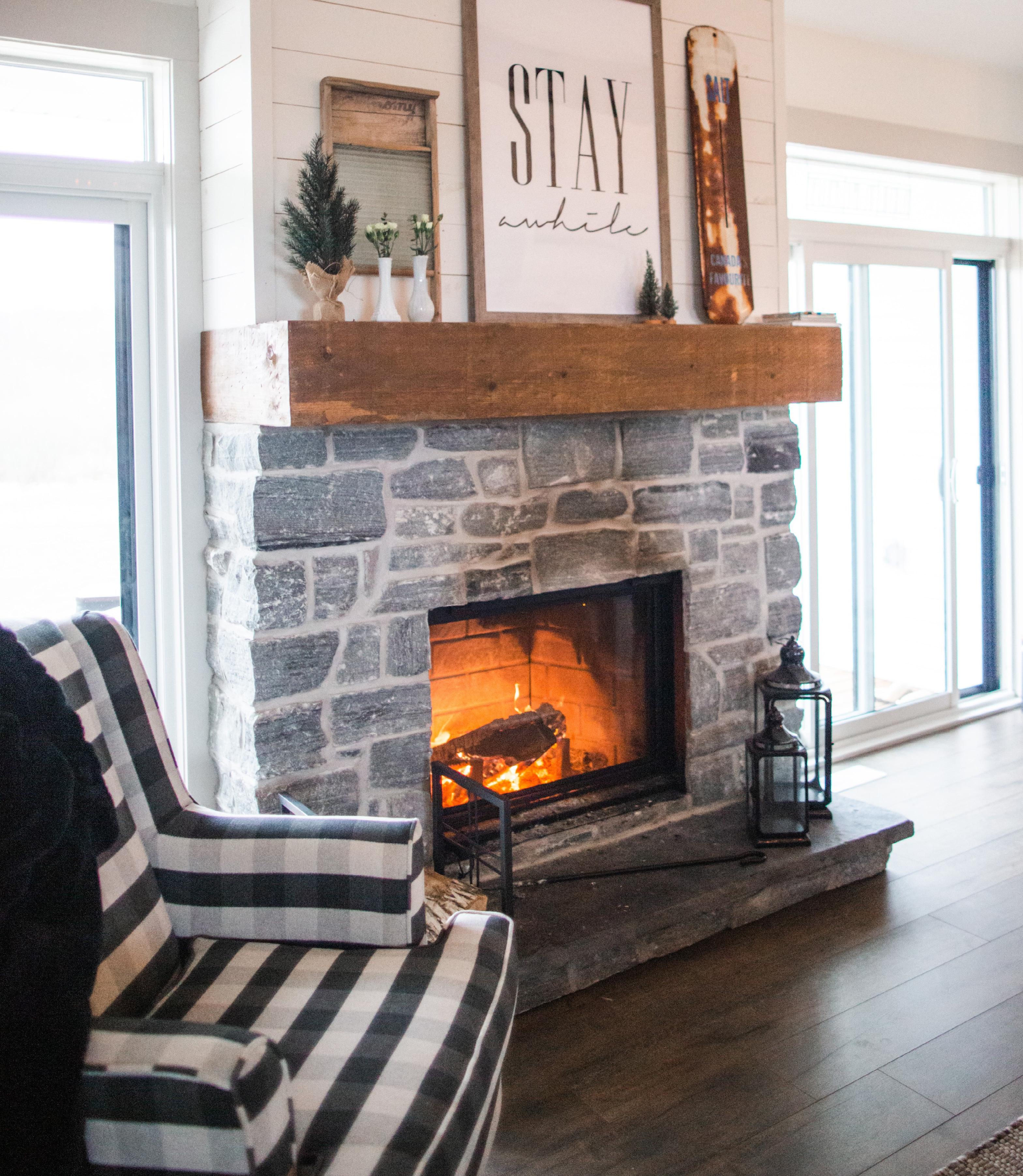
R 1 295 000
2 BEDROOMS | 2 BATHROOMS

SPACIOUS APARTMENT IN DIEP RIVER.

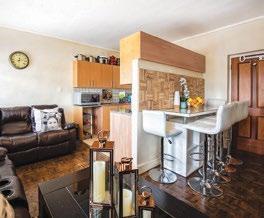
2 bedroom 2 bathroom apartment in Clarewood, Diep River, a short walk to the station, Martins Bakery and other local amenities, above the railway line.
• Fitted kitchen with electric oven, hob and extractor and plumbing for washing machine.
• Open-plan lounge with parquet flooring
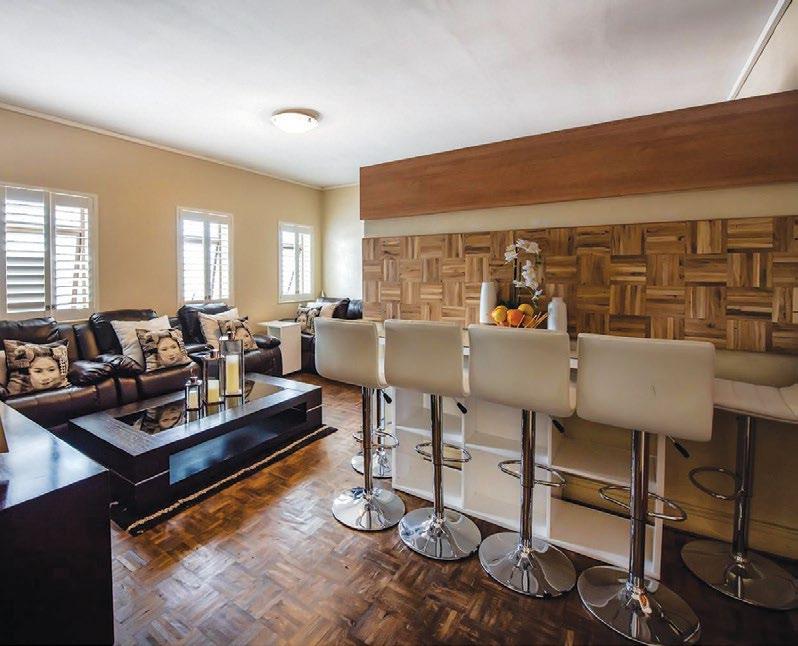
•Two double bedrooms with an en-suite bathroom complete with bath and shower. • Covered Parking bay. • Prepaid electricity
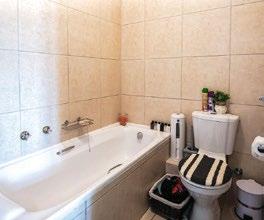
ERF: 1471m2 | HOME: 70m2 | RATES: R 450 p/m | LEVIES: R 1500 p/m
PLEASE CONTACT: Collin Mbiriri on 071 879 8564 or email cmbiriri@gmail.com or mmnyandoro@gmail.com

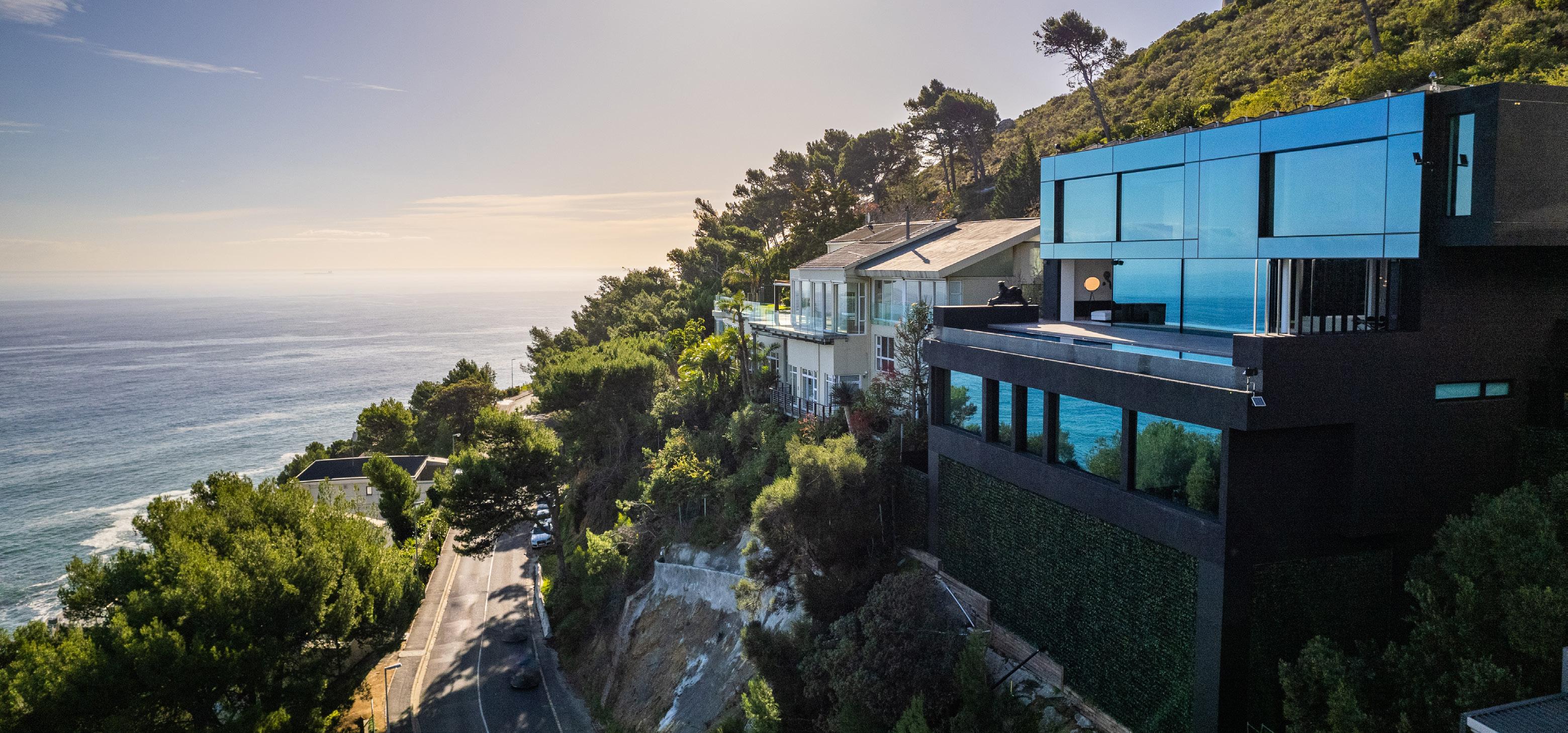


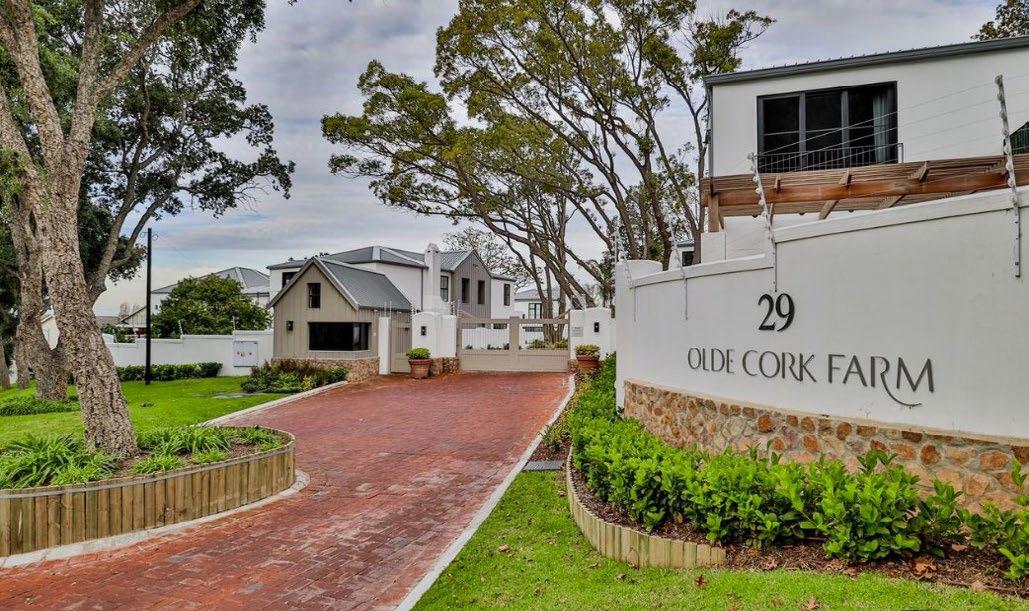
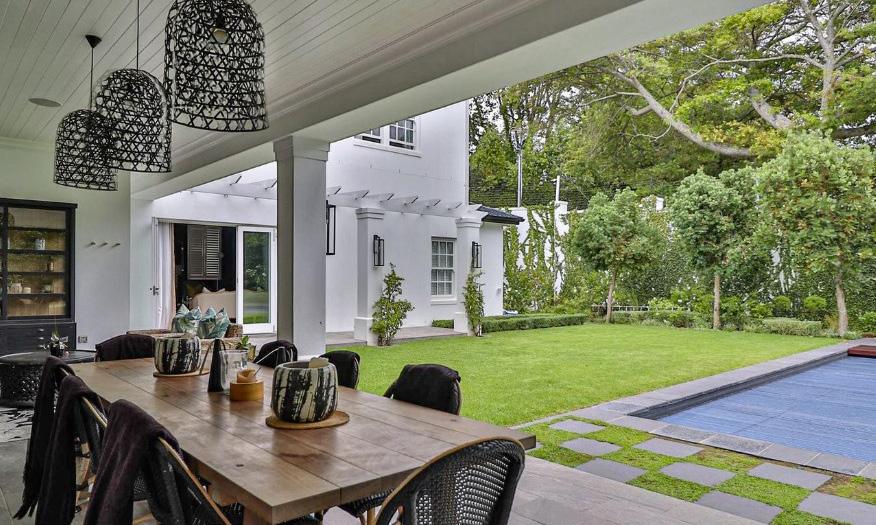
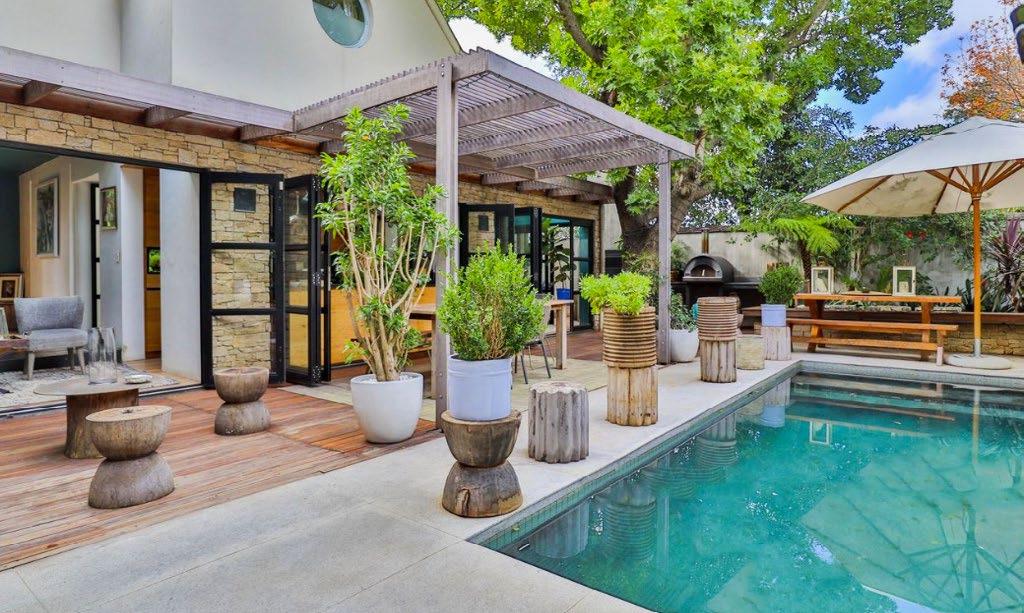



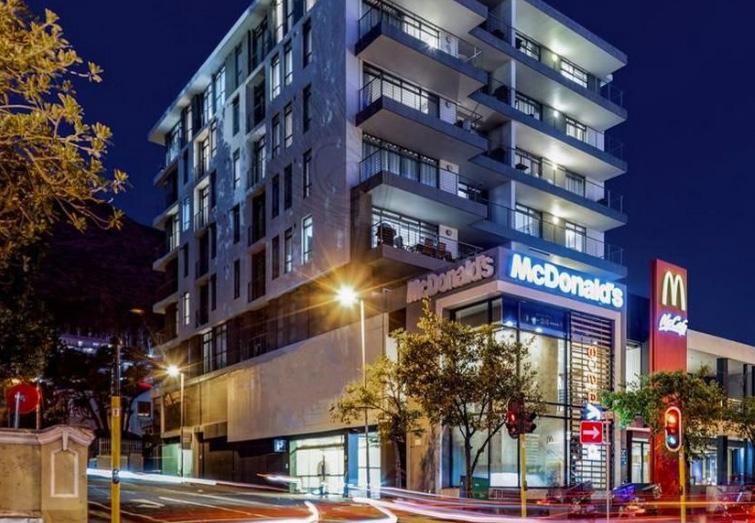
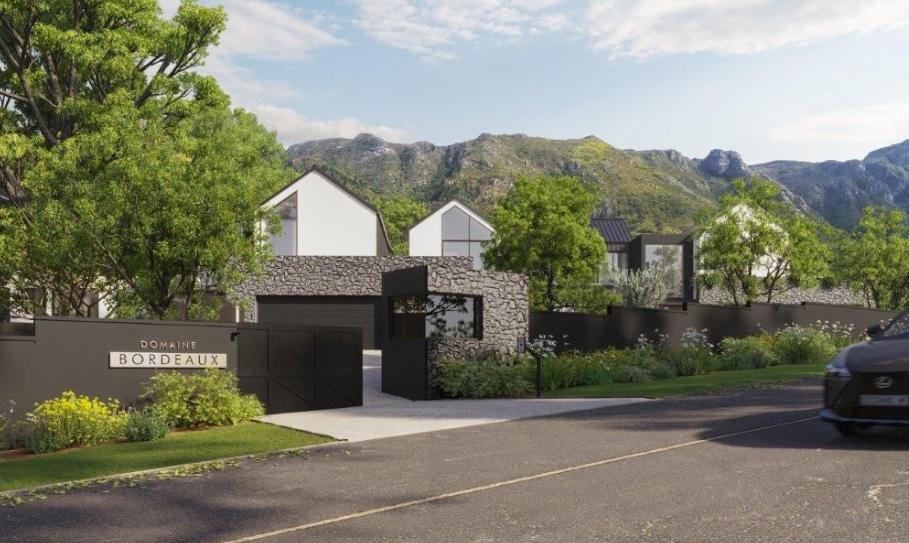


PRIME LOCATION
OPPOSITE MELROSE ARCH ON ATHOLL-OAKLANDS ROAD!!
2 BEDROOM TOWNHOUSE WITH SOME APPLIANCES!!

ONLINE INSOLVENCY AUCTION

In liquidation: Mbalika Health and Wellness Group (Pty) Ltd Master ’s ref: G1226/2022
ONLINE BIDDING: 12:00, 6-7 JUNE 2023
BID AND REGISTER: www.vansauctions.co.za
AUCTION OF: DOOR 3 MELROSE PLACE, 51 ATHOLL-OAKLANDS ROAD, MELROSE NORTH, GAUTENG

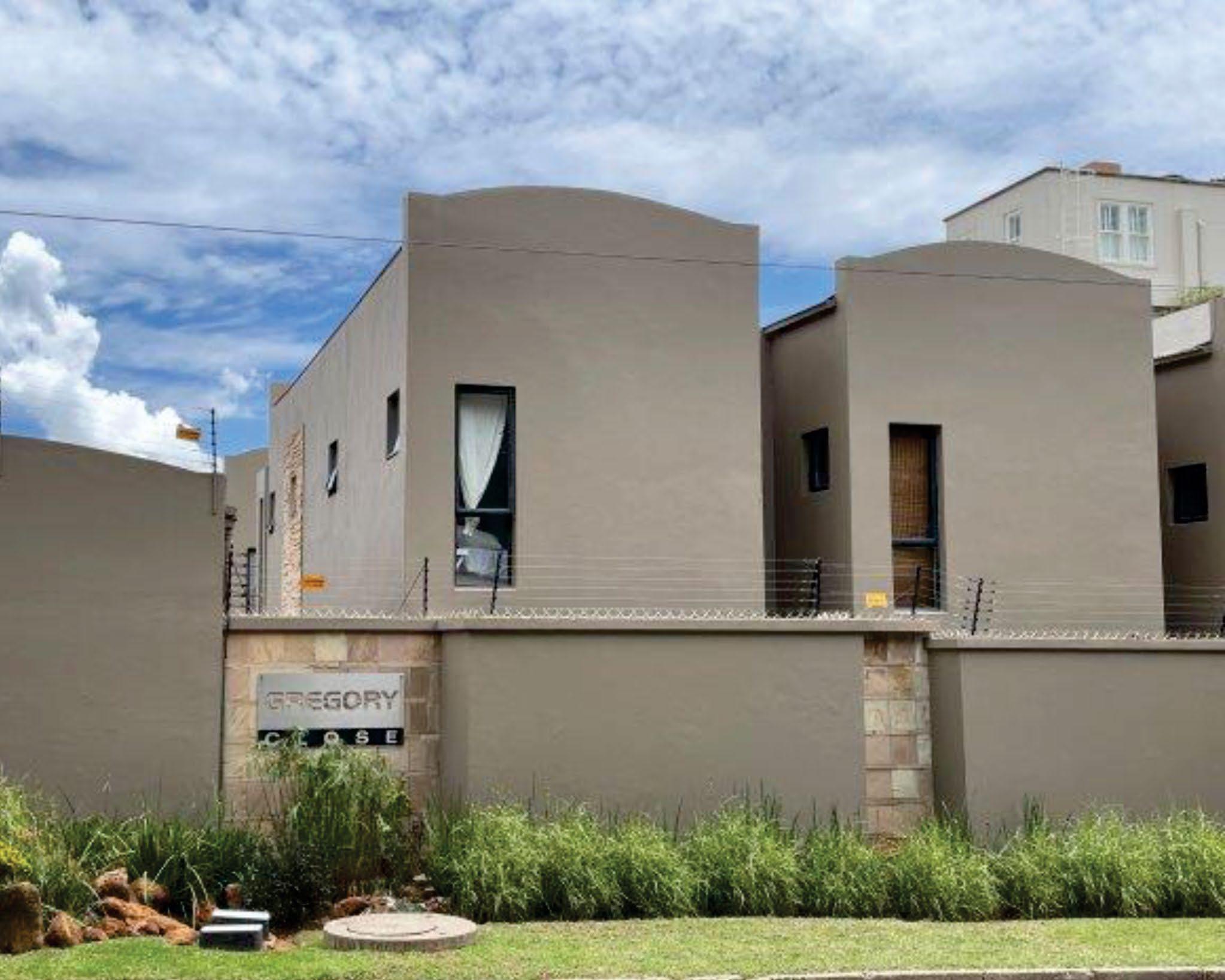
R50,000 registration fee, 10% deposit plus commission & Vat on commission. Bidders to register & supply proof of identity and residence.
www.vansauctions.co.za


DOGON GROUP PROPERTIES
Atlantic Seaboard Office 021 433 2580
thekings@dogongroup.com
www.dogongroup.com
RHONDA RAAD PROPERTIES
Cape Town Office 082 448 7795
Email: rrpsales@mweb.co.za
www.rhondaraadproperties.co.za

ASKA PROPERTY GROUP
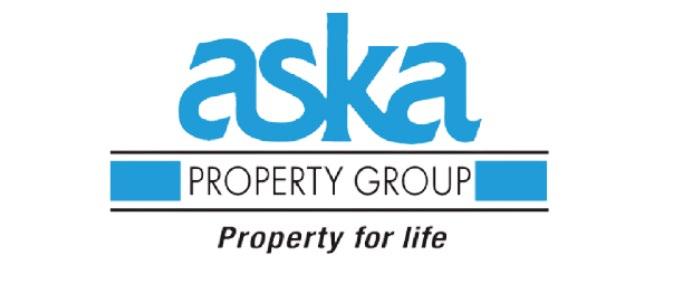
Sandown, Milnerton Estates
Office 071 604 8493
Email: corlia@aska.co.za
www.askaproperty.co.za
DOGON GROUP RENTALS
Sea Point Office 021 433 2580
enquiries@dogongroup.com
www.dogongroup.com
DE PLATTEKLOOF
Cape Town 060 960 0100
Email: live@deplattekloof.co.za
www.deplattekloof.co.za

IRENE PORTER PROPERTIES

Simon’s Town Office 021 786 3947
Debbie 073 140 2543
www.ireneporterproperties.co.za
DOGON GROUP PROPERTIES
Southern Suburbs, Claremont Office 021 671 0258

southernsuburbs@dogongroup.com
www.dogongroup.com
PETER MASKELL AUCTIONEERS

KZN
Office: 033 397 1190
Email: info@maskell.co.za
www.bidlive.maskell.co.za
WIDENHAM RETIREMENT
VILLAGE South Coast, KZN 066 306 0669 / 066 306 0612
www.hibiscusrv.co.za
www.widenhamretirementvillage.co.za

DOGON GROUP PROPERTIES




Western Seaboard
Office: 021 556 5600 or 021 433 2580
enquiries@dogongroup.com
www.dogongroup.com
VAN’S AUCTIONEERS
Gauteng Office 086 111 8267
www.vansauctions.co.za
www.iolproperty.co.za











